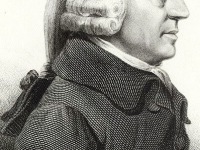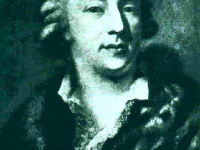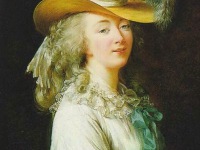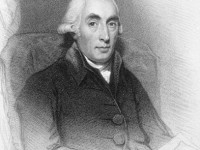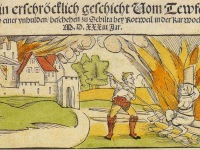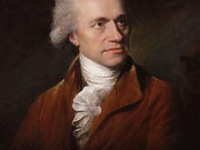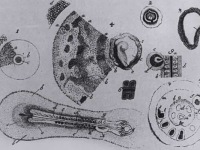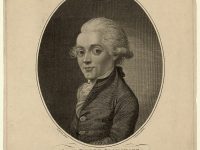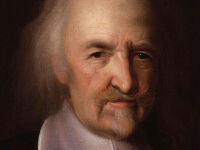Adam Smith and the Wealth of Nations
On June 16, 1723 (June 5 according to the old Julian calendar), Scottish moral philosopher and a pioneer of political economy Adam Smith was born. He is one of the key figures of the Scottish Enlightenment and is best known for two classic works: The Theory of Moral Sentiments (1759), and An Inquiry into the Nature and Causes of the Wealth of Nations (1776) “Among civilized and thriving nations, on the contrary,…
Read more

